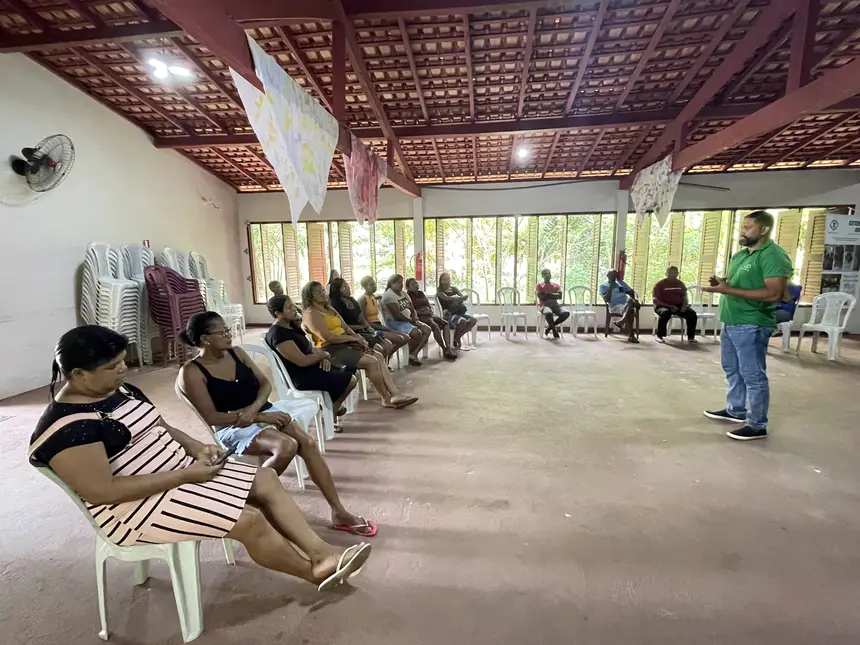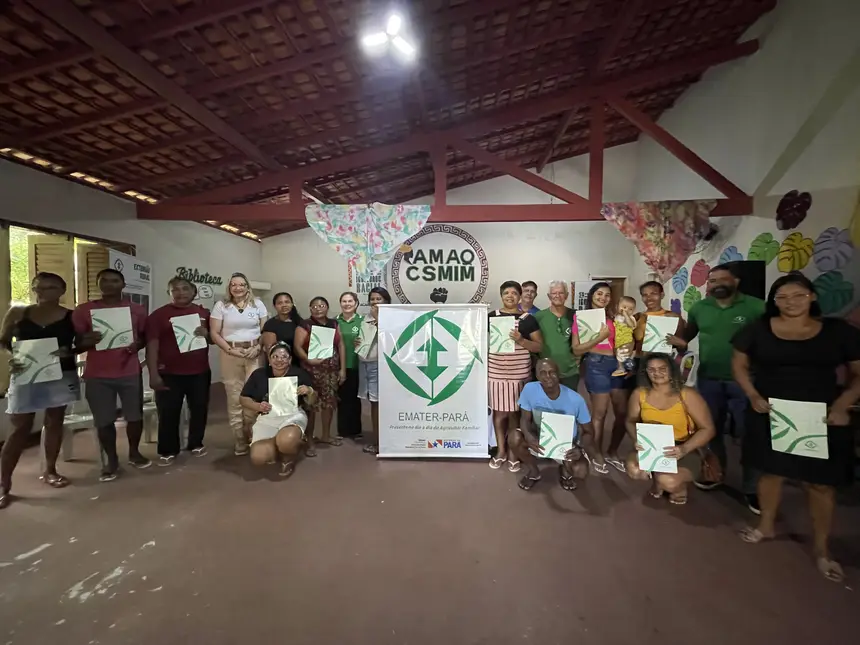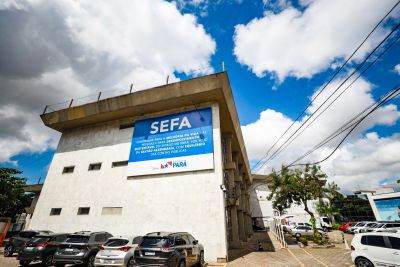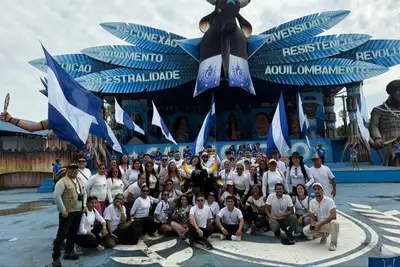Emater reinforces commitment to Afro-descendant culture in the 144 municipalities of Pará
Quilombolas and farmers from traditional and African matrix peoples participated in meetings, lectures, and were benefited with documentation
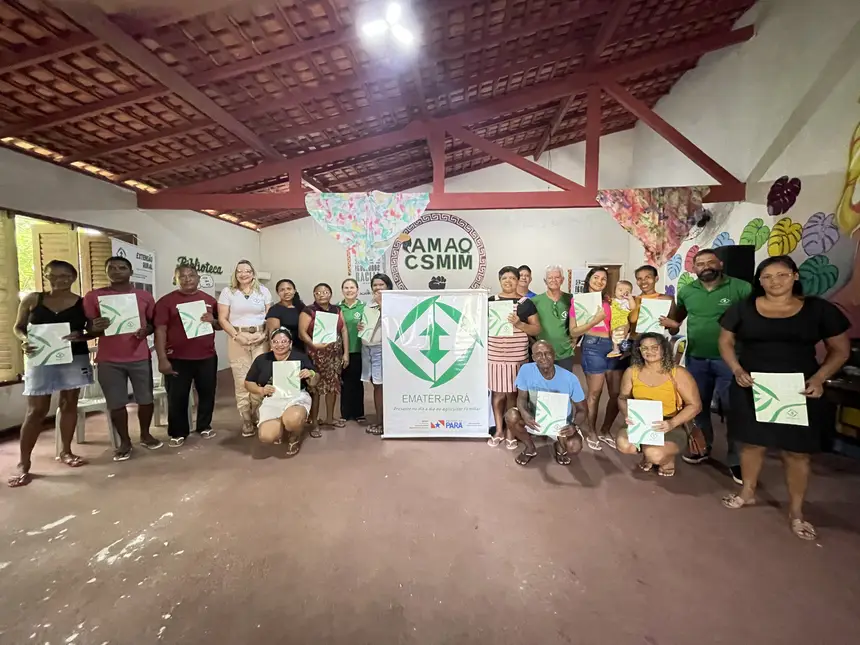
Promoted by the Government of Pará, through the Technical Assistance and Rural Extension Company of the State of Pará (Emater), the 1st State Week of Family Agriculture highlighted, this month, the effectiveness of public policies for the agricultural, food, socioeconomic, and cultural traditions of Afro-descendant populations in the 144 municipalities of Pará.
Within the intensive program, marked by Emater's internal Policy of Diffuse and Collective Interests (PIDC), extension teams delivered, for example, 17 national family agriculture registrations (cafs) to the quilombola community of Santa Maria do Itacoã-Miri, in Acará, in the Tocantins region, so that the approximately 200 families have access to rights such as rural retirement and can supply products for school meals.
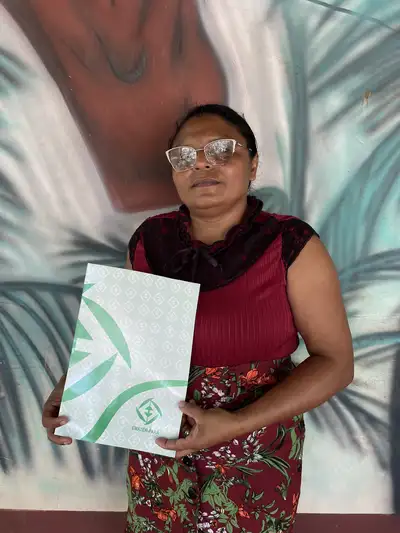
Union of technique and tradition - For one of the oldest residents of the Itacoã-Miri Community, José Monteiro, 71, a producer of açaí and fruits such as cupuaçu and uxi, with the CAF, the idea is to increase production and combine it with cocoa production.
“I want to start cocoa production because it is an option in winter. Then I intend to enrich production on the firm lands and in the floodplain, producing açaí in summer and cocoa in winter. With Emater, we will be able to combine our traditional knowledge from the quilombolas with the tools and technical knowledge of Emater to produce more,” he said.
The majority of rural producers in the quilombo are women. Rejane Lima is an example; she is a producer of açaí and goes daily to the Porto da Palha Fair. The farmer, like the other beneficiaries, also celebrated receiving the CAF.
“I believe it will greatly improve our production because we will learn to manage the land and improve the quality of our açaí. With the CAF, we will have access to programs and public policies through Emater,” Rejane stated.
In Marituba, in the Metropolitan Region of Belém (RMB), leaders from four tambor de mina terreiros (Ilê Casa de Mina Jejé Nagô Oxum Apara and Xangô Ayra, Ilê Casa de Mina Machado de Ouro, Ilê Casa de Oxossi Rei da Manhã, and Ilê Obá Oyó Àkaráizô Oya) met with representatives from Emater at the local office headquarters in the Center to establish service goals for traditional territorial units (utts), such as training on entrepreneurship and cooperativism.
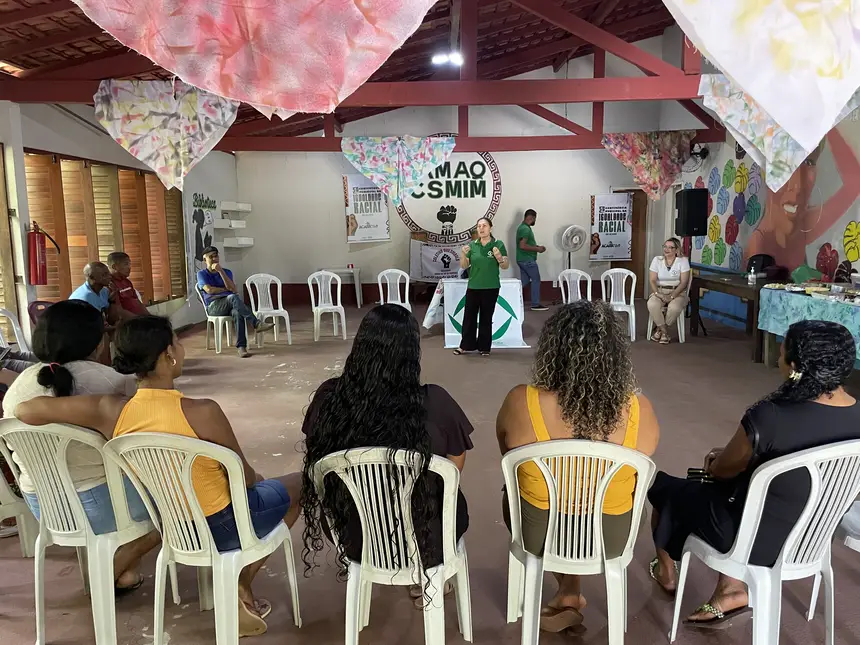
In Ananindeua, an exhibition fair of fruits, vegetables, and handicrafts on Rua da Providência, in the Coqueiro neighborhood, offered urban zone consumers the opportunity to buy açaí smoothies, bio-jewelry, and free-range chicken from the Quilombo do Abacatal, located on the banks of the Igarapé Uriboquinha, a branch of the Guamá River.
In Curuçá, in the Guamá region, a lecture on Climate Justice and the social impacts of climate change engaged the quilombola community of Algodão.
Diversity and appreciation - For the president of Emater, Joniel Abreu, the work of Emater with the Traditional Peoples of African Matrices and Terreiros (Potmas) is a consolidated guideline.
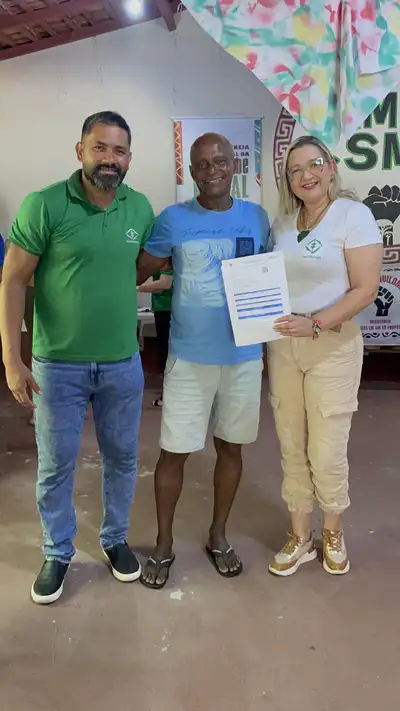
“Today, in a pioneering and innovative way, the official technical assistance and rural extension [ater] of the Government of Pará recognize the social markers of the black population and manage to adapt public service and public policies to the real ethnic, cultural, and territorial needs of these groups, accompanying them in listening, autonomy, empowerment, and historical reparation,” he emphasized.
A technician in Agroindustry and a master's and doctoral lawyer in Law, the Manager celebrates the State Week as an opportunity for awareness. “Not only of specific agendas but of everything related to rural Amazonian Pará - indigenous peoples, riverside dwellers, land reform settlers, fishermen, livestock farmers: culture, bioeconomy, environment, human dignity, citizenship, nutritional and food security. We mobilize civil society and bring crucial issues that matter to the community to knowledge and dialogue,” he concluded.
Partnership - In 2024, according to institutional reports, Emater served more than two thousand quilombolas in 125 territories. The action is catalyzed by the partnership with the State Secretariat for Racial Equality and Human Rights (Seirdh).


